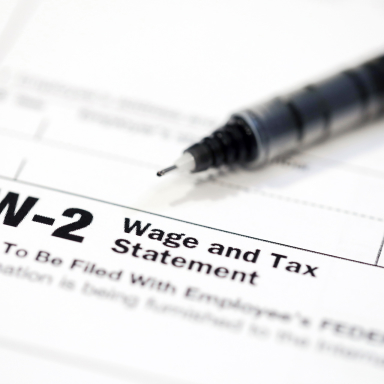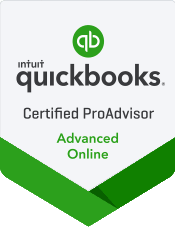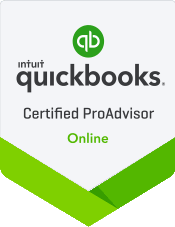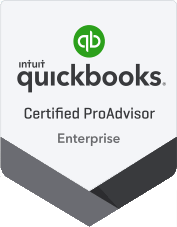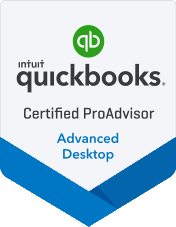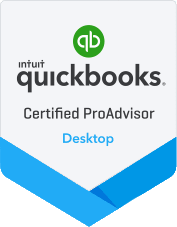1. Conduct a Subscription Audit
The first step in managing subscriptions is understanding what you’re subscribed to. This involves conducting a thorough audit of all your subscriptions. Here’s how you can do it:
• List All Subscriptions: Create a comprehensive list of all your subscriptions. This includes monthly, quarterly, and annual subscriptions.
• Review Bank and Credit Card Statements: Go through your monthly statements with a fine-tooth comb to identify any recurring charges that might have slipped your mind.
• Check Email: Look for subscription confirmation emails and billing notices in your email inbox.
By compiling this information, you’ll have a clear, consolidated picture of all the subscriptions you’re currently paying for.
2. Evaluate the Necessity of Each Subscription
Not all subscriptions are created equal. Some may be essential for your business operations, household functions or personal enjoyment, while others might be redundant, underused or perhaps even no longer relevant to you. Evaluate each subscription by asking the following questions:
• Usage: How often do you use the service? If you’re rarely using it, it might not be worth the cost.
• Value: Does the subscription provide significant value or benefit? For example, a streaming service might be worthwhile if it’s your primary source of entertainment.
• Alternatives: Are there cheaper or free alternatives available? Sometimes, you can find similar services at a lower cost or even for free.
This evaluation helps in identifying subscriptions that are essential and those that can be eliminated.
3. Categorize and Prioritize
After evaluating your subscriptions, categorize them into essential, non-essential, and under review.
• Essential: Subscriptions critical to your daily operations or personal needs (e.g., business software, internet service).
• Non-Essential: Subscriptions that are nice to have but not crucial (e.g., multiple streaming services).
• Under Review: Subscriptions you’re unsure about or want to evaluate further. (Is that rubber duck-of-the-month club membership really all it’s quacked up to be?)
Prioritizing subscriptions helps you focus on maintaining essential services while considering whether non-essential ones can be reduced or eliminated.
4. Negotiate Better Rates
Many subscription services offer promotional rates or discounts for new customers, but long-term customers can also take advantage of these deals. Reach out to service providers and inquire about:
• Loyalty Discounts: Ask if there are any discounts available for loyal customers.
• Bundling Options: Some providers offer discounts if you bundle multiple services together.
• Promotional Offers: Check if there are any current promotions that you can apply to your account.
Negotiating better rates can lead to significant savings over time and give you the budgetary buffer to continue enjoying subscriptions you’d otherwise consider dumping.
5. Set Reminders for Renewal Dates
Automatic renewals can lead to unexpected charges, especially if you’ve forgotten about a subscription. To avoid this:
• Set Calendar Reminders: Use a digital calendar to set reminders a few weeks before the renewal date.
• Review Before Renewal: Using the criteria above, take time to review whether you still need the service before it renews.
By keeping track of renewal dates, you can make informed decisions about continuing or canceling subscriptions.
6. Use Subscription Management Tools
There are many tools and apps designed to help you manage subscriptions effectively. Using these tools, you can:
• Track Subscriptions: Automatically track your subscriptions and alert you to upcoming charges.
• Analyze Spending: Provide insights into your spending on subscriptions and identify areas for savings.
• Simplify Cancellations: Some tools even offer one-click cancellations for services you no longer need.
Taking advantage of subscription management tools and apps can simplify the management process and help you stay on top of your subscriptions.
7. Regularly Review and Adjust
Managing subscriptions isn’t a one-time task; it requires regular review and adjustment. Set a schedule to review your subscriptions every few months. During these reviews, go through the steps mentioned earlier in this article to assess your usage, check for redundant subscriptions and adjust your subscriptions to optimize your utility and financial outlay. Making a regular habit of reviewing your subscriptions will help you be sure every dollar is well spent.
Own Your Subscriptions; Don’t Let Them Own You
Subscriptions are a ubiquitous modern convenience, but when you purchase one, don’t just set it and forget it. Commit to managing your subscriptions by conducting regular audits and value assessments, negotiating rates, and using online tools to help. Regularly reviewing and adjusting your subscriptions ensures they continue to serve you well without stretching your budget too thin.
The information provided in this blog post is for general informational purposes only and is not intended to be financial, legal, or professional advice. Readers should not construe any information in this blog post as financial advice from our firm. Our firm provides this information with no representations or warranties, express or implied. Before making any financial decisions or taking any actions, seek the advice of qualified financial, legal, or professional advisors who understand your individual situation.








